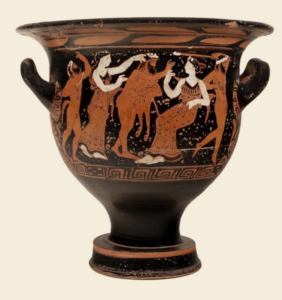
On April 23, Nature journal published the article “Punic people were genetically diverse with almost no Levantine ancestors” which compiles the findings of a genetic (DNA) study of 210 individuals from 14 Phoenician-Punic necropolises in the central and Eastern Mediterranean (North Africa, Iberia, Sicily, Sardinia, and Ibiza). This ambitious project involved 64 international researchers, coordinated by Alfredo Coppa, David Caramelli, Ron Pinhasi, Carles Lalueza-Fox, Ilan Gronau y David Reich. In addition to DNA analysis, radiocarbon dating was also performed, allowing the study to establish chronologies between 800 and 200 BC for the individuals studied. The results are of enormous interest and allow us to deduce the limited genetic contribution of the Phoenicians of the eastern Mediterranean to the Punic settlements analysed, whose genetic traits originate mainly form North Africa, Sicily, and Greece. It is noticeable the presence of individuals with clearly Greek genetic traits in the Phoenician-Punic city of Baria (Villaricos), the interpretation of which is sure to be a subject of future debate.
Link to the Nature article: https://www.nature.com/articles/s41586-025-08913-3
Complementary information:
A genetic study reveals that the Punic civilization was the first truly cosmopolitan | Museu de Ciències Naturals de Barcelona